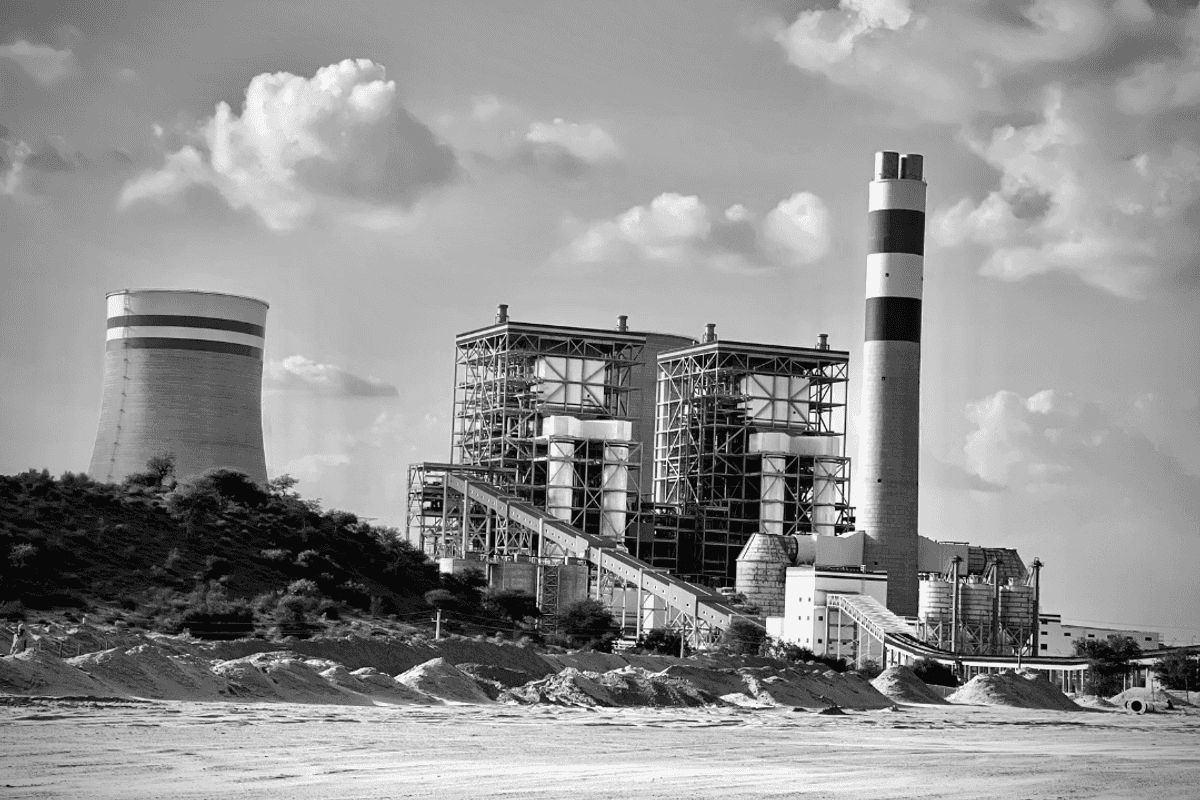Pakistan to shut down five independent power producers
This would slash the country's installed capacity by 2,400 megawatts

Haris Zamir
Business Editor
Experience of almost 33 years where started the journey of financial journalism from Business Recorder in 1992. From 2006 onwards attached with Television Media worked at Sun Tv, Dawn Tv, Geo Tv and Dunya Tv. During the period also worked as a stringer for Bloomberg for seven years and Dow Jones for five years. Also wrote articles for several highly acclaimed periodicals like the Newsline, Pakistan Gulf Economist and Money Matters (The News publications)

A coal-fired power plant in Pakistan
Shutterstock
The Pakistan government has planned to shut down certain low-efficiency power plants aimed at saving PKR 300 billion ($1.1 billion) in capacity payments.
The prime minister's task force on implementing structural reforms in the power sector has started meetings with Independent Power Producers (IPPs) and in the first phase, five power generation companies will be closed.
This would slash the installed capacity by 2,400 megawatts. The IPPs likely to be closed include Hubco (1,200 MW), AES Lalpir (362 MW), Atlas Power (224 MW), Saba Power (136 MW), and Rousch (450 MW).
The final decision will be made in an upcoming federal cabinet meeting.
Moreover, negotiations are underway with other power plants, which would lead to more savings. If contracts with the five plants are terminated and contracts with others are converted to the take-and-pay model, yearly capacity payments would decline further.
This decision comes against the backdrop of widespread protests over soaring electricity bills. The public outcry over high electricity costs sparked the debate on the issue of capacity payments, where the government pays IPPs for available capacity regardless of actual electricity production. It has been a significant burden on the national exchequer.
The decision to shut down the IPPs would help cut the power tariff by PKR 0.60-0.70 per unit.
On the other hand, power producers have expressed concerns over the proposed termination of contracts. They argue that such a move could undermine investor confidence and disrupt foreign direct investment flows.
Reportedly, consumers are currently paying between PKR 2.1 to 2.8 trillion annually in capacity payments to IPPs that are not generating any electricity or operating on a limited capacity.
The task force has also proposed shifting from a capacity-based model to a take-and-pay model. This change would mean that consumers would no longer be required to make capacity payments to non-operational plants.







Comments
See what people are discussing